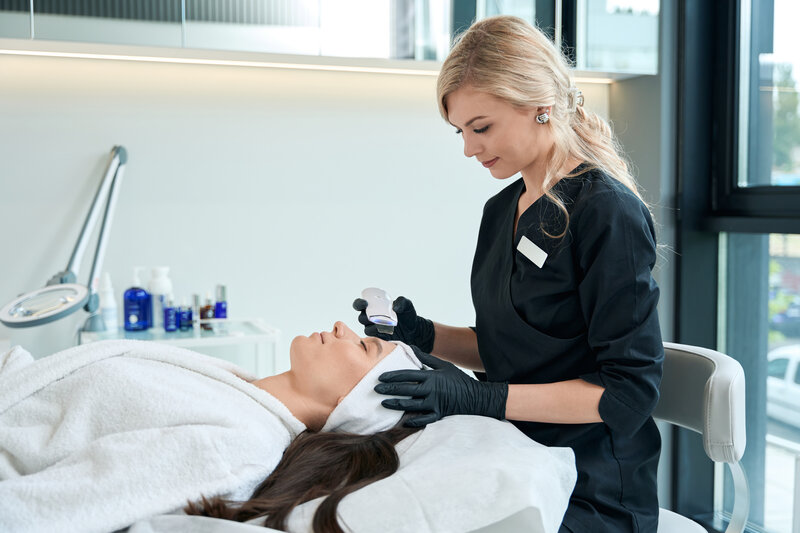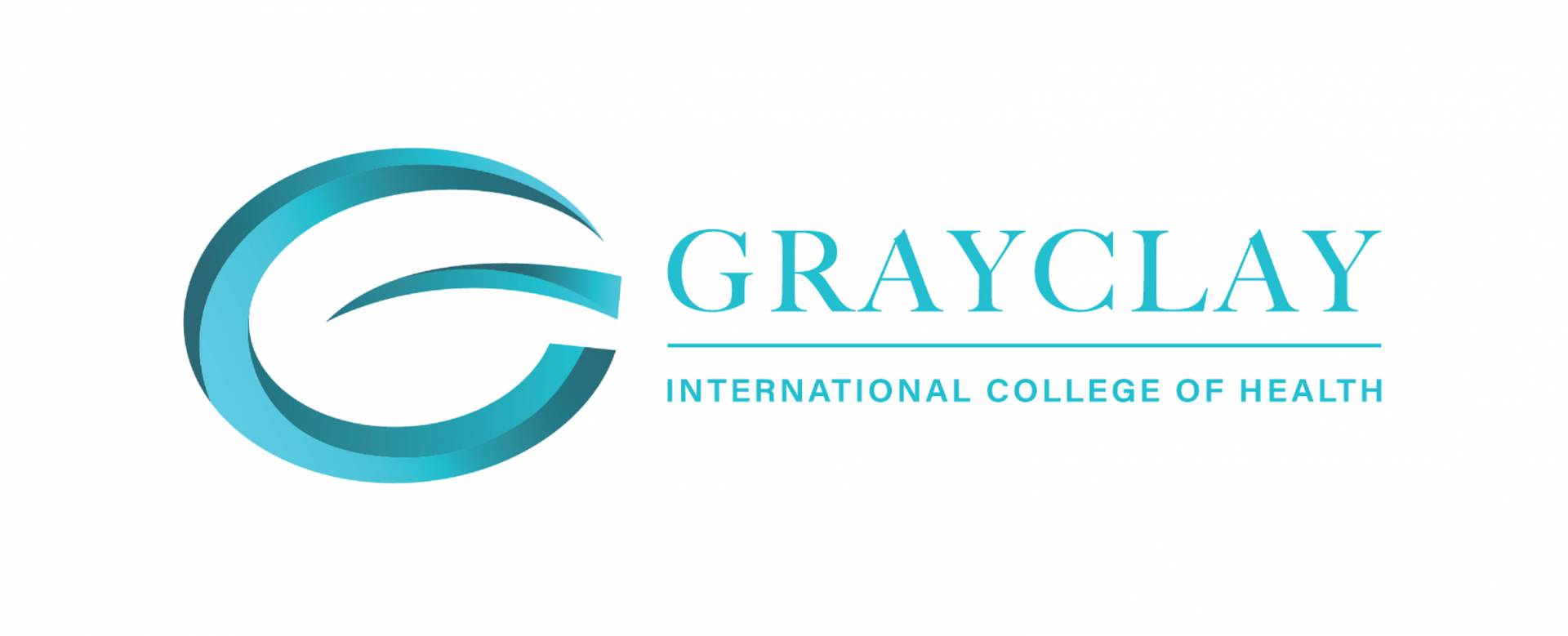
The importance of navigating regulations in cosmetic nursing cannot be understated. As an integral component of the healthcare sector, cosmetic nursing practitioners must ensure compliance with best practices and uphold the highest levels of patient safety. Grayclay, an award-winning institution devoted to delivering nationally accredited health courses and medical aesthetics programs, stands firm in its commitment to promoting ethical standards and up-to-date knowledge in Australia’s growing cosmetic industry.
In the comprehensive article, we explore the complexities of regulatory frameworks, including qualifications, scope of practice, and maintaining competence in the ever-evolving world of aesthetic medicine. Join us as we discuss the regulatory landscape, provide guidance on best practices, and underscore the benefits of partnering with a reputable institution like Grayclay in navigating the dynamic world of cosmetic nursing.
Understanding Cosmetic Nursing Qualifications in Australia
In Australia, cosmetic nursing qualifications vary based on different aspects of aesthetic procedures and the level of professional competency required. The primary qualification for cosmetic nurses is a Diploma in Nursing (Enrolled/Division 2 Nurse) or a Bachelor of Nursing (Division 1 Nurse). After obtaining their general nursing qualifications, nurses can further pursue specific courses to enhance their skills and knowledge in aesthetic medicine.
Grayclay offers a nationally accredited Advanced Diploma of Cosmetic Dermal Science, which equips nurses with extensive theoretical knowledge and practical skills in cosmetic dermal science. By completing such comprehensive courses, cosmetic nursing professionals demonstrate their commitment to upholding best practices and remaining informed on evolving industry regulations.
Scope of Practice and Responsibilities in Cosmetic Nursing
It is pivotal for cosmetic nurses to understand the full extent of their scope of practice, as outlined by the Nursing and Midwifery Board of Australia (NMBA). As a key area of safety in cosmetic nursing, the scope of practice encompasses critical considerations such as delegation, collaborative practice, and supervision by registered medical practitioners.
In cosmetic nursing, collaboration and supervision hinge on the nature of the aesthetic procedure. For non-surgical treatments, such as dermal fillers and botulinum toxin injections, direct supervision by a registered medical practitioner is essential, while indirect supervision may be permissible for less invasive treatments like skin peels and microdermabrasion.
The scope of practice should also be commensurate with the nurse’s qualifications, experience, and skill set. Cosmetic nurses should never engage in activities outside of their competence, as such actions can lead to significant patient risks and disciplinary action.
Code of Ethics and Professional Conduct in Cosmetic Nursing
Aesthetic nursing professionals must adhere to the NMBA’s Code of Ethics for nurses in Australia, as well as uphold professional conduct standards [source: https://www.nursingmidwiferyboard.gov.au/codes-guidelines-statements/professional-standards.aspx]. These guidelines encompass the principles of accountability, advocacy, respect, quality practice, communication, and self-regulation. Among the responsibilities outlined in these codes are mandatory reporting requirements, consent procedures, and protecting patient privacy.
Following these ethical and professional guidelines helps ensure patient safety and fosters a strong rapport with clients. Moreover, adhering to ethics and professional conduct standards contributes to a positive reputation for the cosmetic nursing industry, which in turn engenders community trust.
Continuing Professional Development (CPD) for Cosmetic Nurses
Continuing Professional Development (CPD) is a crucial aspect of maintaining competency and staying up-to-date with the latest advancements in medical aesthetics. As a requirement for nurses in Australia, CPD serves as a mechanism through which aesthetic nursing professionals can engage in ongoing learning and refine their craft.
CPD activities for cosmetic nurses range from attending conferences and workshops to participating in online courses and reading relevant academic literature. Through consistent engagement in CPD, cosmetic nurses ensure their patients receive the highest quality of care by staying current with evidence-based approaches, evolving trends, and new product developments in medical aesthetics.
Navigating the Regulatory Landscape with Expert Support
Staying informed about regulatory changes, best practices, and emerging trends in cosmetic nursing can be a challenging endeavour. Relying on reputable educational institutions such as Grayclay presents an invaluable support system through which aspiring cosmetic nursing professionals can confidently navigate the dynamic world of aesthetic medicine, positioning themselves at the pinnacle of their practice.
Grayclay’s Advanced Diploma of Cosmetic Dermal Science, along with other nationally accredited health courses and medical aesthetics programs, imparts expertise beyond clinical skills and theoretical knowledge. The institution also fosters a strong ethical foundation and a comprehensive understanding of regulatory guidelines for cosmetic nursing practitioners. With Grayclay’s unwavering commitment to excellence, cosmetic nurses become well-equipped to embrace the challenges of aesthetic medicine and deliver superior patient care.
Cosmetic Nurses: The Importance of Insurance
Another vital aspect of navigating regulations in cosmetic nursing is obtaining relevant indemnity insurance to protect against potential negligence claims. Obtaining appropriate professional indemnity insurance is a mandated requirement for registration in Australia, ensuring healthcare professionals operate within a safety net that minimises financial risks and safeguards patient rights.
Unlock Your Potential in Cosmetic Nursing with Grayclay
Navigating regulations in cosmetic nursing is paramount for ensuring patient safety and maintaining a thriving, ethical practice. Grayclay’s nationally accredited courses, including its Advanced Diploma of Cosmetic Dermal Science, provide aspiring cosmetic nursing professionals with a comprehensive understanding of the ever-evolving regulatory landscape. By embracing a culture of continuous learning and excellence, Grayclay students stand at the forefront of this dynamic industry.
Are you ready to enhance your career as a skilled, ethical and regulatory-informed cosmetic nurse? Discover the benefits of partnering with Grayclay, an award-winning institution dedicated to empowering nursing professionals in their aesthetic medicine journey. Reach out today to explore comprehensive range of medical aesthetic courses and enrol in a program tailored to your aspirations today.


